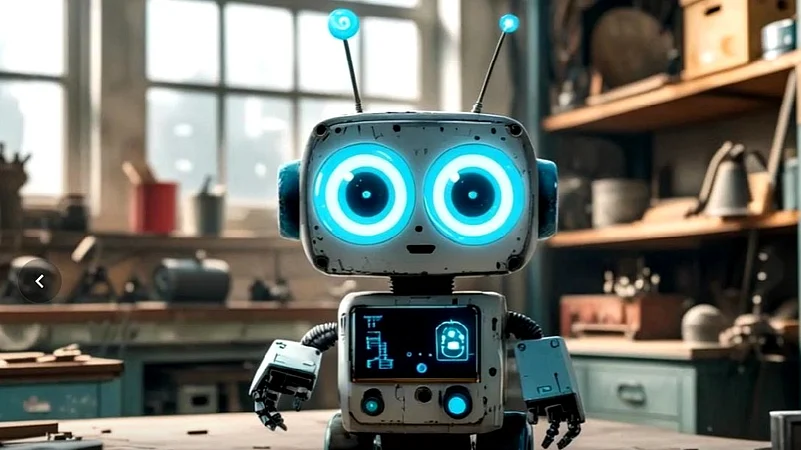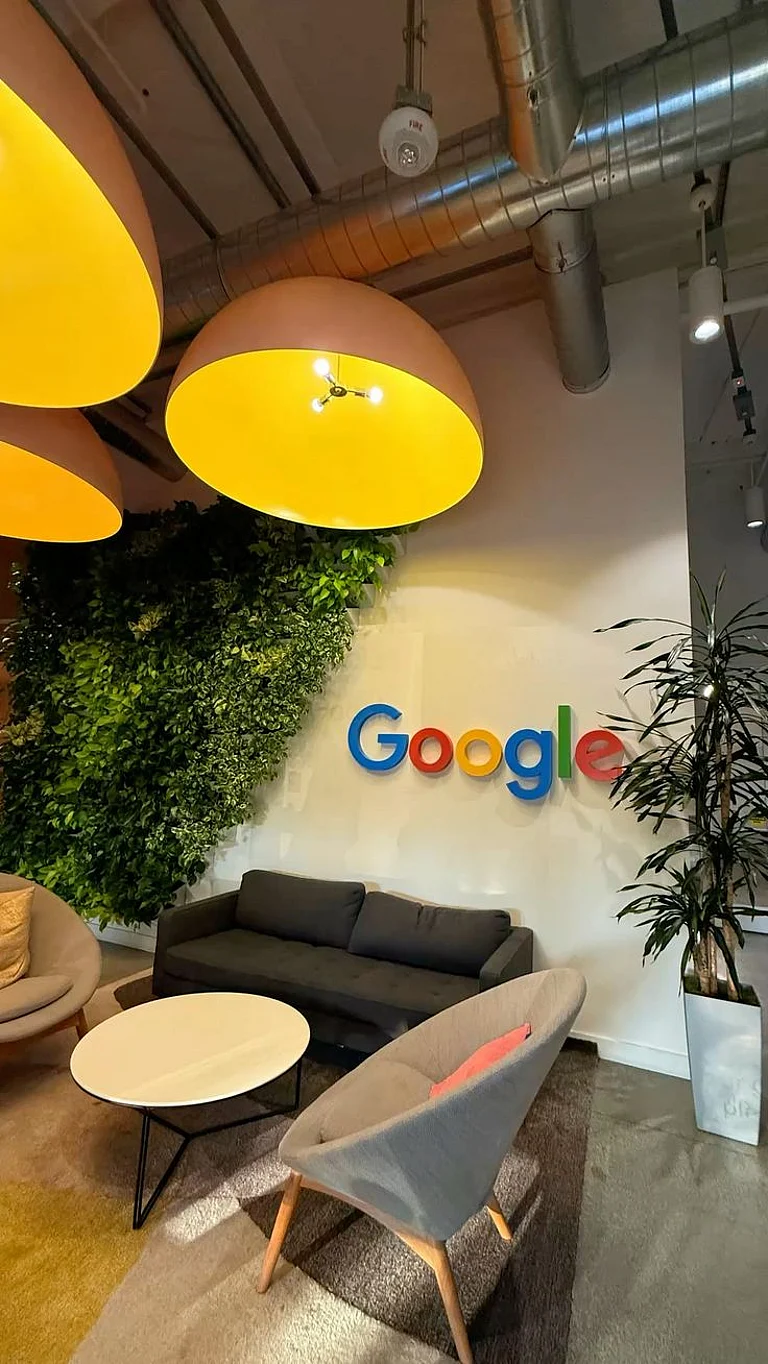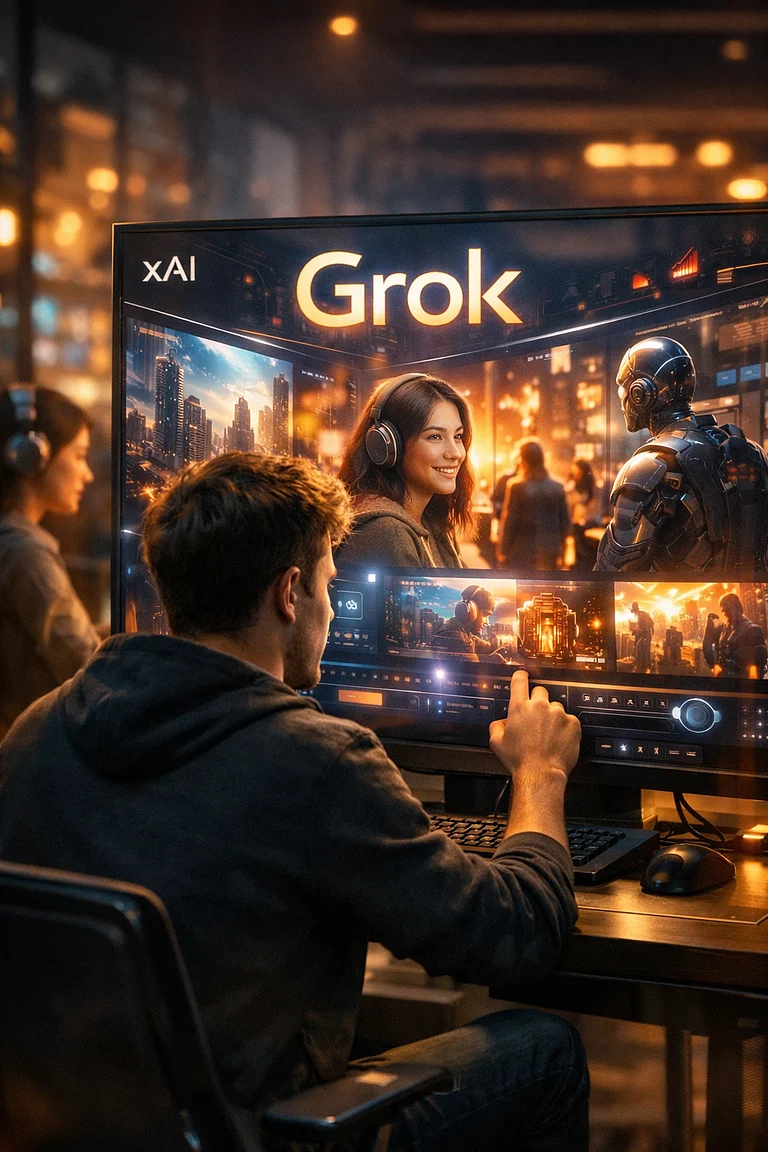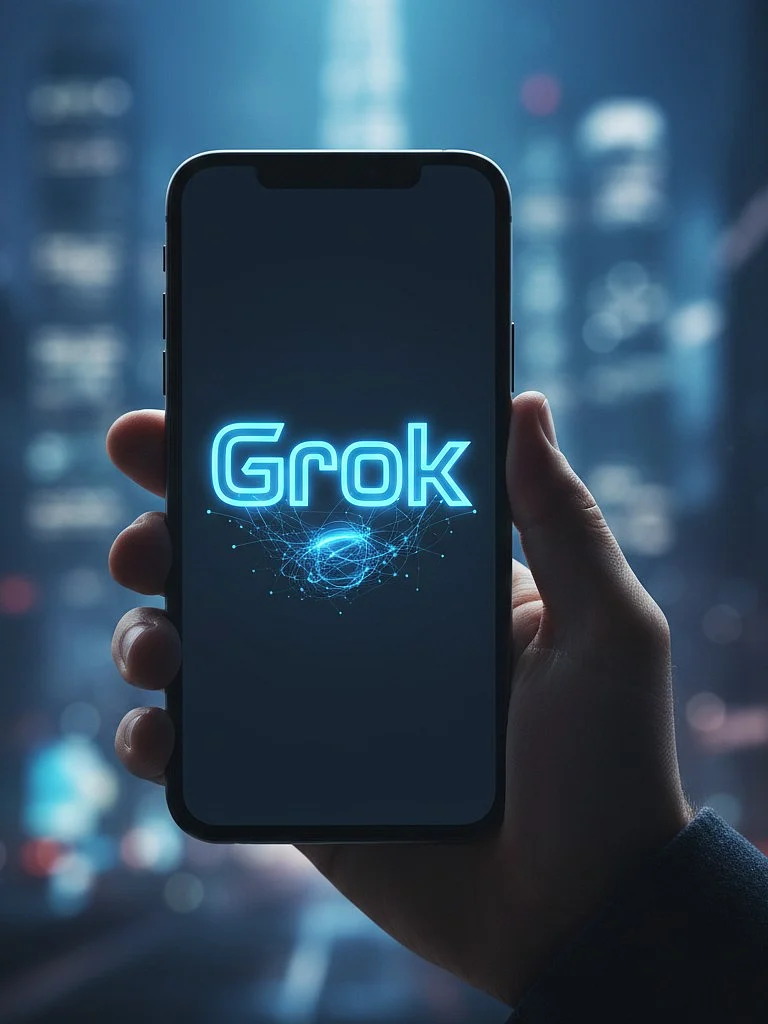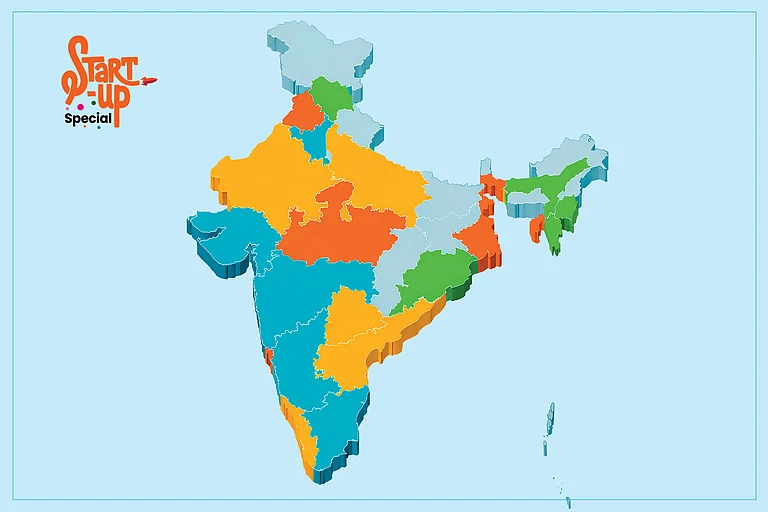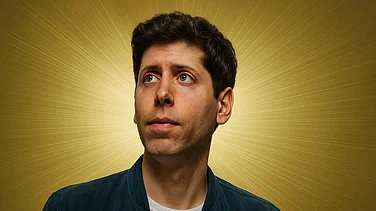
OpenArt launches One-Click Story, AI tool converting text to one-minute videos.
One-Click Story fuels viral brain-rot clips, rapidly creating TikTok-style video narratives.
Offers three templates and 50+ models for customizable story-arc video creation.
About 3 million monthly users; pricing from $14 and IP risks flagged.
OpenArt, a 2022 start-up founded by two ex-Google engineers, has launched the One-Click Story feature in open beta that converts a single sentence, script or song into a one-minute story-arc video, a format that’s already powering the viral, surreal “brain-rot” clips sweeping younger audiences.
The company, which reports roughly three million monthly active users, says the tool can produce everything from TikTok-style character vlogs to music videos and explainer shorts and that it aims to make video creation as easy as typing a line of text.
How it Works?
Users pick one of three templates, Character Vlog, Music Video or Explainer, then supply a prompt and, optionally, an image or a song. OpenArt’s engine stitches together a storyboard and renders the scenes; if a song is uploaded, the software analyses the lyrics and syncs imagery to the music’s themes.
Creators can fine-tune each clip in storyboard mode and pick from a catalogue of more than 50 underlying AI models (including DALLE-3, GPT, Imagen, Flux Kontext and Stable Diffusion), giving both speed and choice to users who want a quick result or a more bespoke output.
OpenArt operates on a credit system with tiered plans: the basic tier starts at $14 per month (4,000 credits) and higher plans go up to $56 per month or customised team pricing. The company says it has raised $5 million from Basis Set Ventures and DCM Ventures, is cash-flow positive and is tracking toward an annualised revenue run rate north of $20 million.
IP, Misuse & Moderation Challenges
The rapid creative power of One-Click Story raises immediate copyright and safety questions. During testing, the Character Vlog template sometimes suggested or produced well-known IP characters such as Pikachu, SpongeBob and Super Mario, a potential infringement risk that CEO Coco Mao says OpenArt tries to block automatically but admits “sometimes it slips.”
The company says it is open to licensing talks with major IP holders but warns users that infringing content can be removed by platforms and may expose creators to legal liability.
Beyond IP, the tool amplifies long-standing concerns about AI video: style imitation of artists, easy production of misinformation and low friction for creating highly engaging but potentially harmful visuals. OpenArt frames its character-consistency capability, keeping the same character visually coherent across a short story, as a differentiator, but that very strength can make false or manipulative narratives more convincing.
OpenArt plans to add two-character conversations to One-Click Story and is developing a mobile app. The start-up positions the product as valuable for creators and advertisers alike, arguing that lowering the technical barrier to narrative video will expand the pool of AI creators while also opening commercial use cases.






